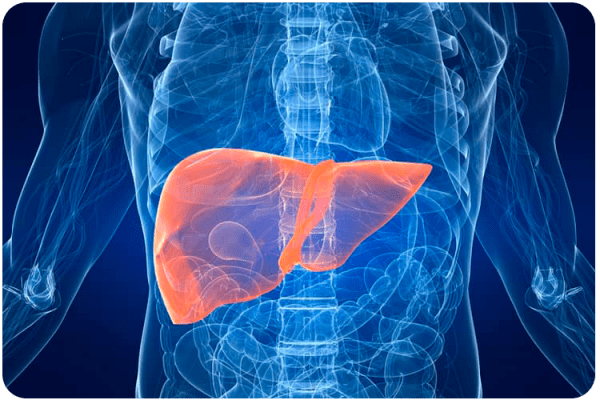Cancer cachexia is a complex metabolic syndrome characterized by marked loss of body weight, anorexia, asthenia, sarcopenia, and anemia. It is the most common manifestation of advanced malignant cancer, leading to death. Indeed, approximately half of all cancer patients experience cachexia with a prevalence over 80% in terminal patients and it is responsible for the death of more than 20% of cancer patients.
Cachexia is so destructive that it taps into other sources of energy, namely skeletal muscle and adipose tissue when the body senses a lack of adequate nutrition. This syndrome not only has a dramatic impact on patient quality of life but is also associated with poor response to treatment and lower survival rates since it adversely affects the patients’ ability to fight against infection and withstand chemotherapy and radiotherapy.

Currently, available therapies focus on palliation of symptoms and the reduction of distress of patients and families. Therefore, it remains a largely underestimated and undertreated complex condition.
It is known that cachexia and the related muscle wasting is mediated by pro-inflammatory cytokines and tumor-released mediators able to activate specific catabolic pathways in muscle tissue. Muscular dystrophies and cancer cachexia share particular features, including systemic and muscle-specific inflammation, alteration of myogenic potential, ultrastructural abnormalities, and dysfunction of the dystrophin glycoprotein complex.
In the OLIGOFASTX project, Arthex Biotech is working on the identification of miRNAs involved in the progression of muscular atrophy associated with lung cancer cachexia and in the development and final validation of antimiRs as potential modifying treatments for the condition.

 Español
Español






